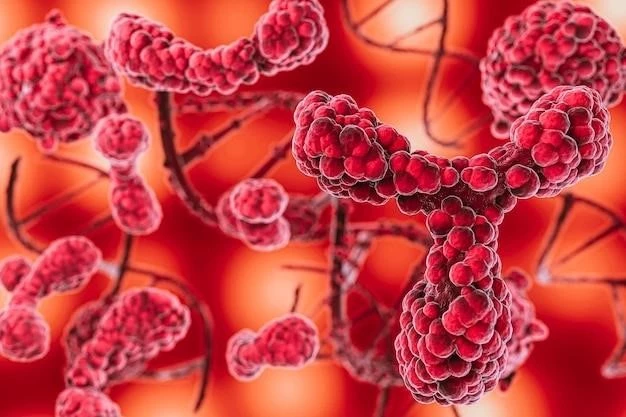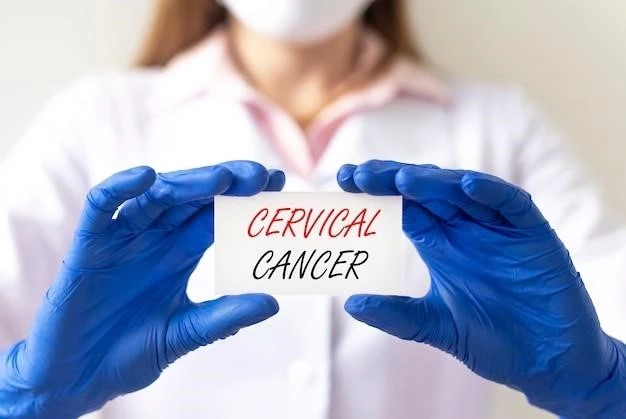This comprehensive plan covers various aspects such as the causes, symptoms, treatment options, risk factors, surgery, chemotherapy, prognosis, and prevention strategies related to Cholangiocarcinoma.
Causes of Cholangiocarcinoma
Cholangiocarcinoma, also known as bile duct cancer, can have various causes including chronic inflammation of the bile ducts, primary sclerosing cholangitis, liver flukes infection, bile duct cysts, and exposure to certain toxins or chemicals. Genetic conditions such as Lynch syndrome and Caroli syndrome may also predispose individuals to develop this type of cancer. Understanding these underlying factors is crucial in the diagnosis and management of Cholangiocarcinoma.
Symptoms of Bile Duct Cancer
Symptoms of bile duct cancer may include jaundice, itching, abdominal pain, unexplained weight loss, fever, nausea, and vomiting. Other signs can involve changes in stool color, dark urine, and pale stools. Recognizing these symptoms is crucial for early detection and prompt intervention in cases of Bile Duct Cancer.
Treatment Options for Cholangiocarcinoma
Treatment options for Cholangiocarcinoma include surgery, chemotherapy, radiation therapy, targeted therapy, immunotherapy, and palliative care. The choice of treatment depends on the stage of cancer, the location of the tumor, and the overall health of the patient. A multidisciplinary approach involving oncologists, surgeons, radiologists, and other healthcare professionals is essential to develop a personalized treatment plan for each individual diagnosed with Cholangiocarcinoma.
Risk Factors for Cholangiocarcinoma
Several risk factors are associated with Cholangiocarcinoma, including age, chronic inflammation of the bile ducts, primary sclerosing cholangitis, liver fluke infections, bile duct cysts, and certain genetic syndromes. Other factors such as exposure to environmental toxins, smoking, and heavy alcohol consumption can also increase the risk of developing this type of cancer. Understanding and addressing these risk factors are crucial for both prevention and early detection of Cholangiocarcinoma.
Surgery for Bile Duct Cancer
Surgery is a common treatment for Bile Duct Cancer and aims to remove the cancerous tissue. Procedures may include hepatectomy, bile duct resection, or liver transplant, depending on the extent and location of the tumor. Surgical intervention can offer a chance for cure or long-term control of the disease. A skilled surgical team and proper preoperative assessment are essential for the success of the operation in patients with Bile Duct Cancer.
Chemotherapy for Cholangiocarcinoma
Chemotherapy plays a vital role in the treatment of Cholangiocarcinoma, either as a standalone therapy or in combination with surgery or radiation. The use of anticancer drugs aims to destroy cancer cells or slow down their growth, reducing the size of tumors and preventing their spread. Chemotherapy regimens are tailored to each patient’s condition and response to treatment. Close monitoring by oncologists and healthcare providers is crucial to manage side effects and optimize the effectiveness of chemotherapy in patients with Cholangiocarcinoma.

Prognosis of Cholangiocarcinoma
The prognosis of Cholangiocarcinoma can vary depending on factors such as the stage of the cancer at diagnosis, the location of the tumor, the patient’s overall health, and the effectiveness of treatment. Early detection and intervention can improve the prognosis, while advanced stages of the disease may have a more guarded outlook. Regular follow-up care, adherence to treatment plans, and maintaining a healthy lifestyle are essential in monitoring the prognosis and quality of life for individuals diagnosed with Cholangiocarcinoma.
Prevention of Bile Duct Cancer
Prevention strategies for Bile Duct Cancer involve avoiding risk factors such as smoking, excessive alcohol consumption, and exposure to environmental toxins. Regular screening for conditions predisposing to Cholangiocarcinoma, including liver fluke infections and bile duct abnormalities, can help in early detection and management. Maintaining a healthy diet, staying physically active, and seeking prompt medical attention for any symptoms of concern are also important in reducing the risk of developing Bile Duct Cancer. Education and awareness regarding preventive measures play a key role in the overall prevention of this type of cancer.
